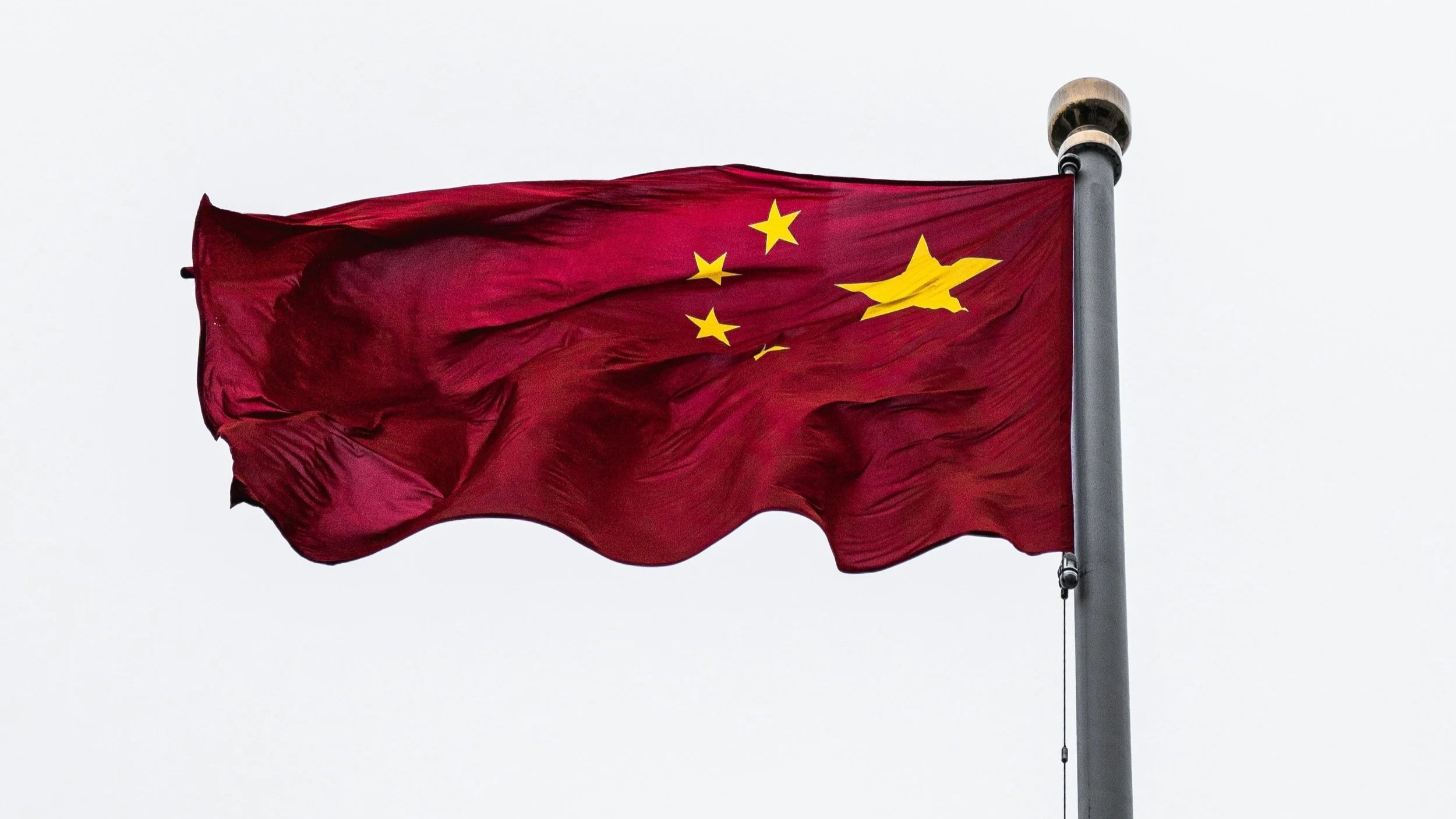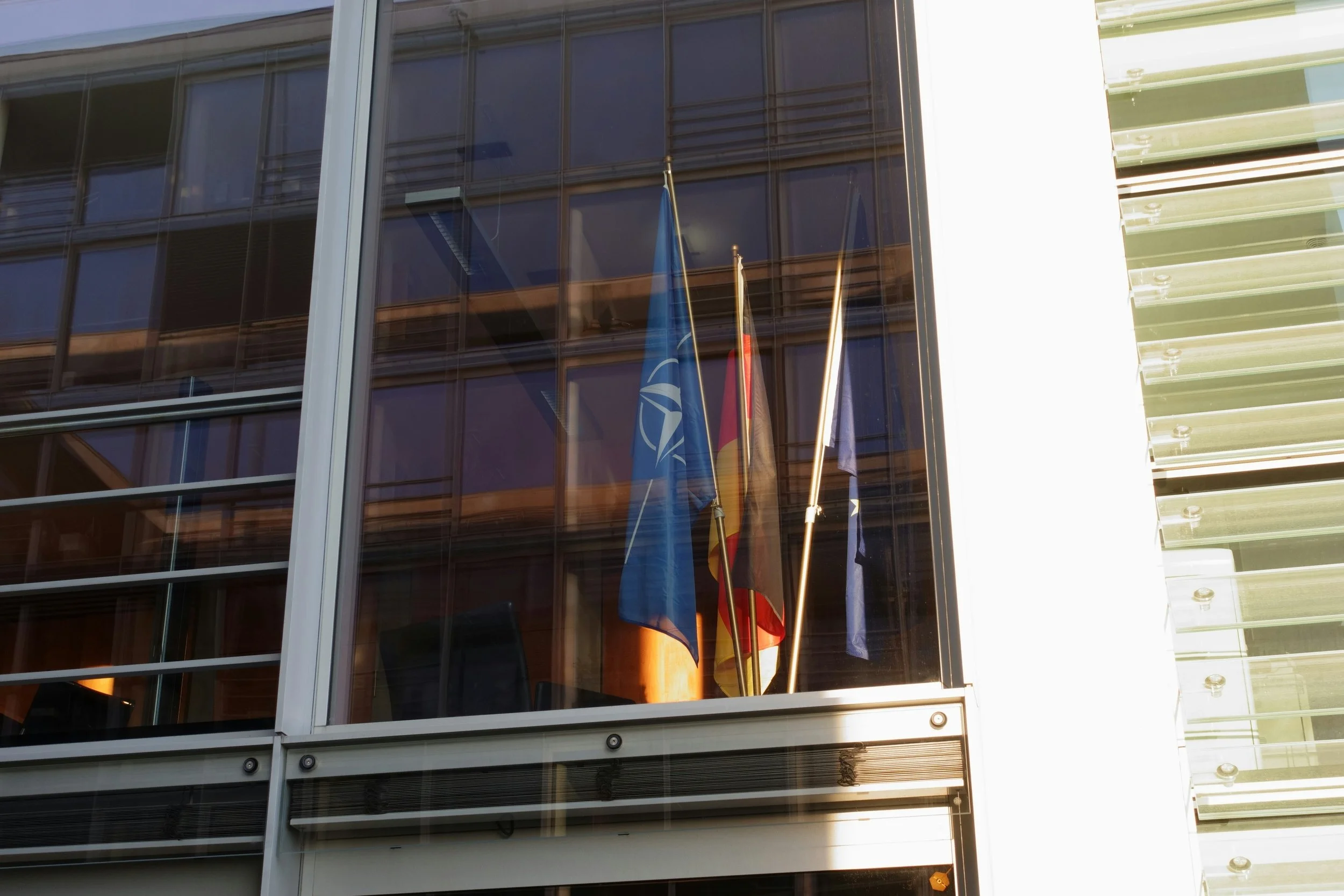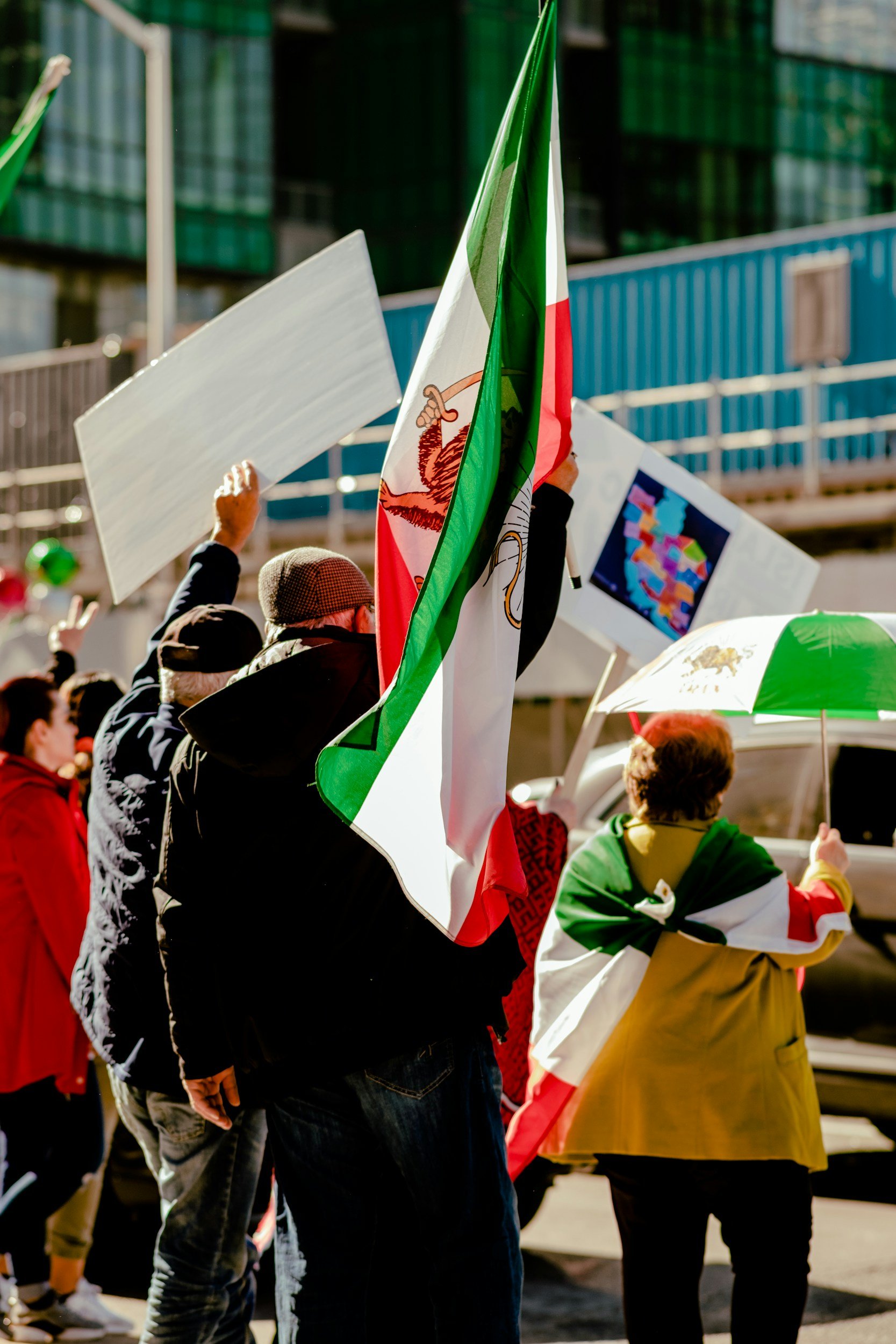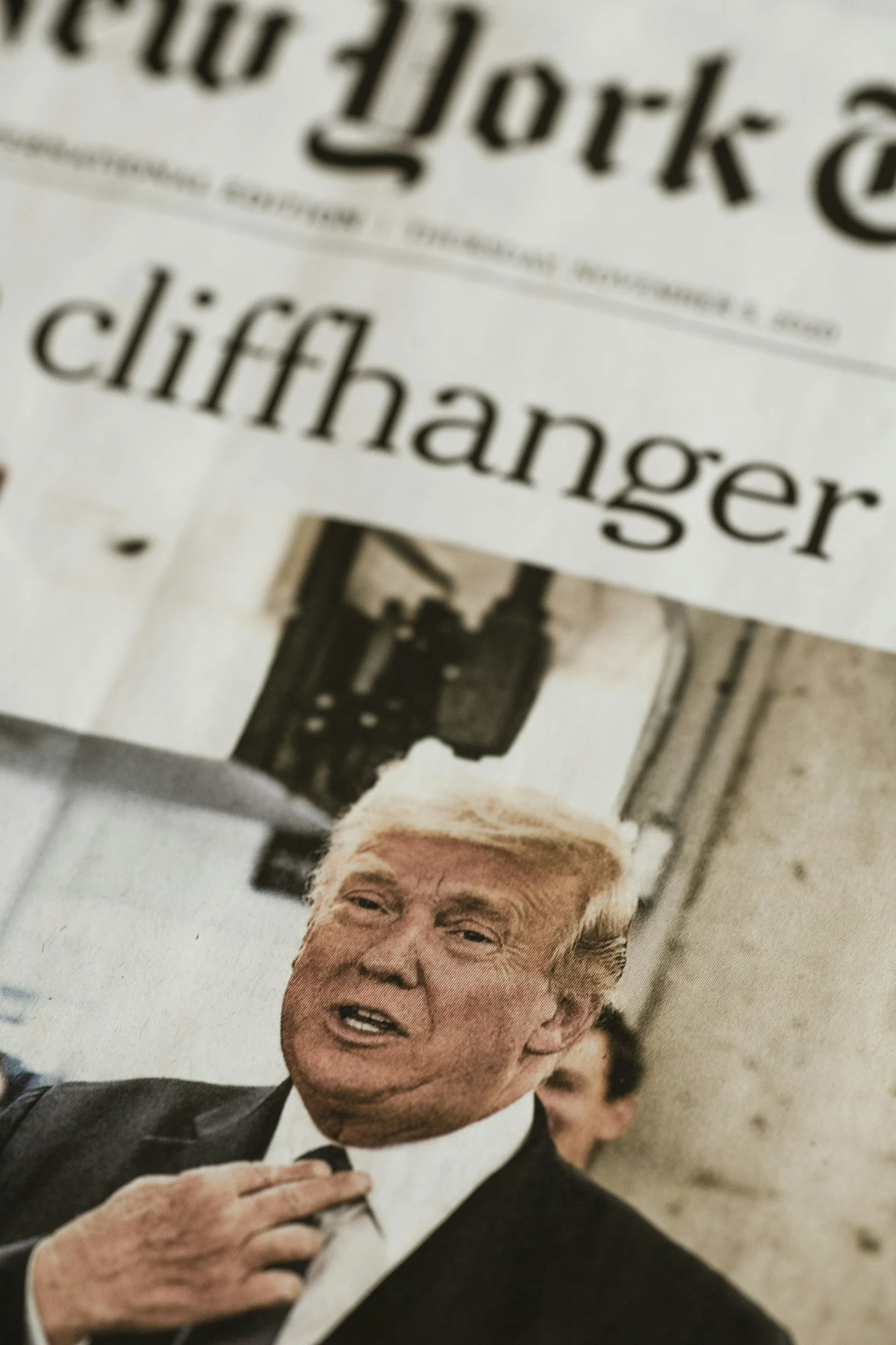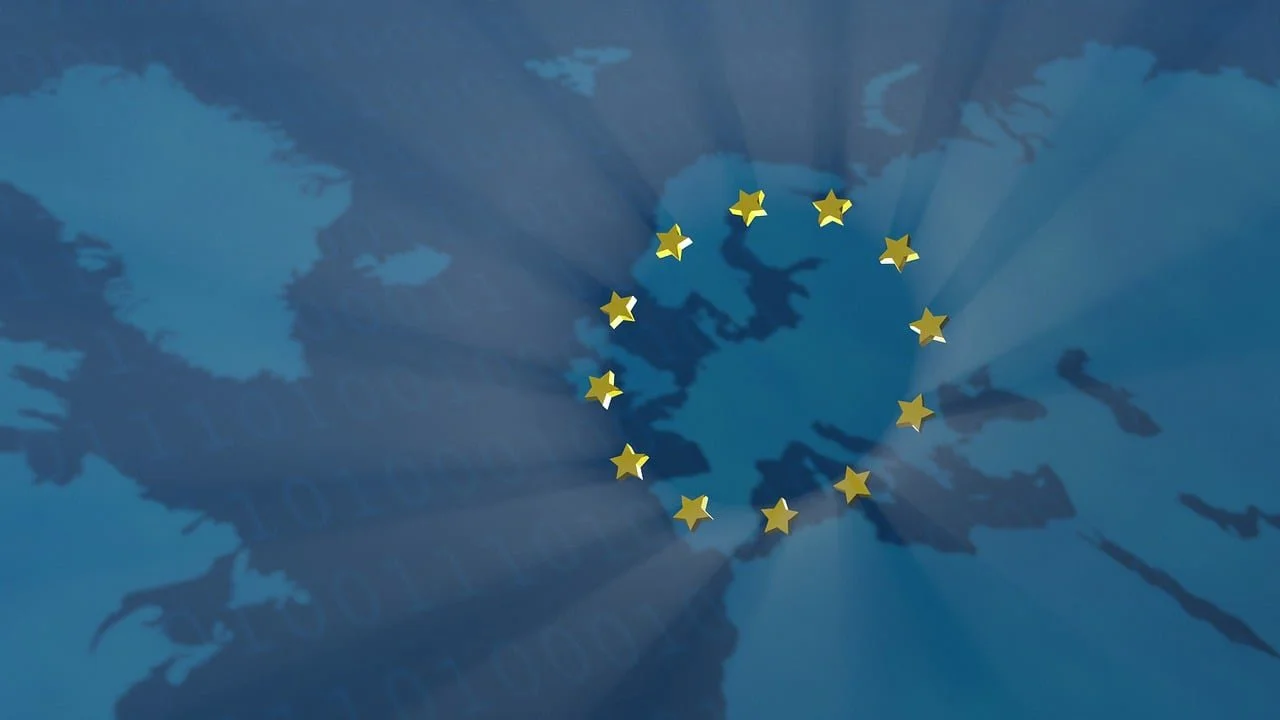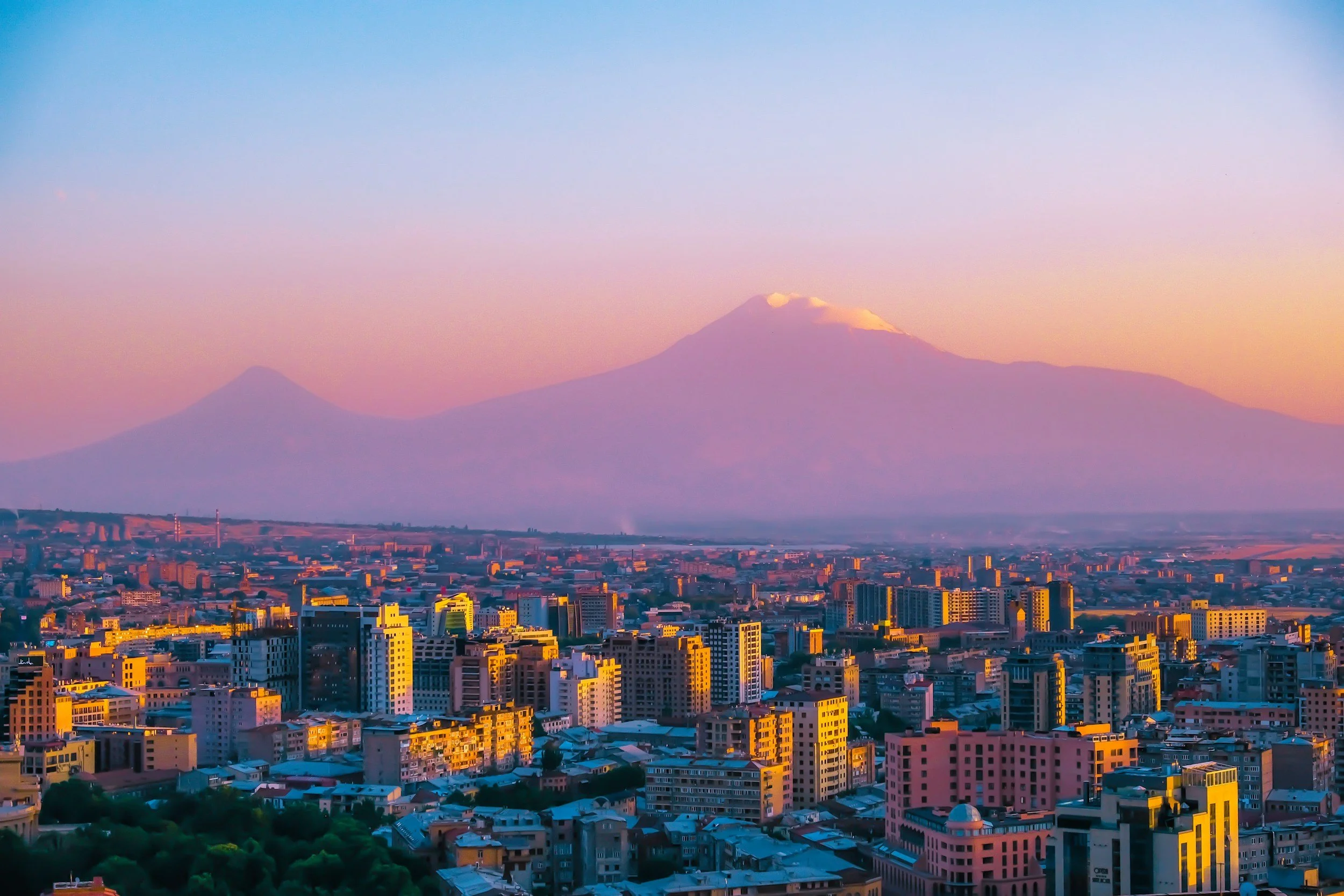Europe’s neighbor Russia and its ally the United States, both are - in different ways - challenging a Europe which wants peace on its continent built on a strong transatlantic alliance. Russia is still our neighbor and Europe - economically and militarily - is closely connected with the U.S. Nevertheless, Europe has to look for new partners around the globe. The challenges posed by Russia and the Unites Stares are too long-term and decisive to neglect.
The Price of Peace: US Strategy and DRC's Critical Minerals
EUROPA - ENDLICH LOS VON DEN USA?
EUROPEAN DEFENSE AND THE EUROPEAN PUBLIC
Eurasian continent in the Multipolar World Order 2.0
IRAN - COULD WE HAVE DONE BETTER?
With horror, sadness and helplessness we look at the reports from Iran. Again the regime is crushing the massive protests and killing thousands of innocent people. Could we in Europe have done better, should we have developed another policy to prevent the regime developing into a rogue - and at least regionally - dangerous regime?


